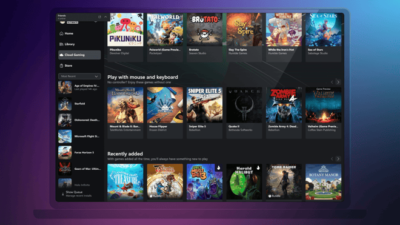DuckDuck Go Criticized Over Users Data Protection

Duckduckgo is actually committed to being particularly sensitive when it comes to handling user data. According to critics, this promise of data protection has not been fulfilled in your own private browser. Visited domains have been forwarded.
Then the duck laid an egg
With Google’s power over the search and browser business, it is highly desirable that other vendors try their hand at the market. Duckduckgo makes a promise here that it will handle the data of the users much more cautiously and that it will break through the “profit through data evaluation without consent” scheme. No wonder that users are very sensitive to data protection problems. This was now available with the privacy browser.
The process
Actually, about a year ago, a user had observed unusual behavior in the Duckduckgo Android browser and submitted a report on Github. The problem describes the browser uses an external service to display favicons, i.e. the small logos of websites in address bars and bookmarks. All hostnames from websites are also transferred to a server. Initially, however, little attention was paid to the problem for months until the old Github report was recently brought into the spotlight for the first time by a report from the Hacker News platform. That then prompted DuckduckGo founder and CEO Gabriel Weinberg to speak up. He states that he was not yet aware of the problem, but that he undertakes to find a solution as soon as possible.
CEO promises to act quickly
“I want to make it clear that we have not collected any personal data here. As other employees have mentioned, our services are encrypted and inherently throw away PII-like IP addresses,” said Weinberg. Verifiable promises like these are just little reason to stop criticism, especially for data protection-sensitive users of the browser. Weinberg has not commented on why one has not yet been able to access the favicons – how many browsers – via the client to avoid such problems.
Digital marketing enthusiast and industry professional in Digital technologies, Technology News, Mobile phones, software, gadgets with vast experience in the tech industry, I have a keen interest in technology, News breaking.












